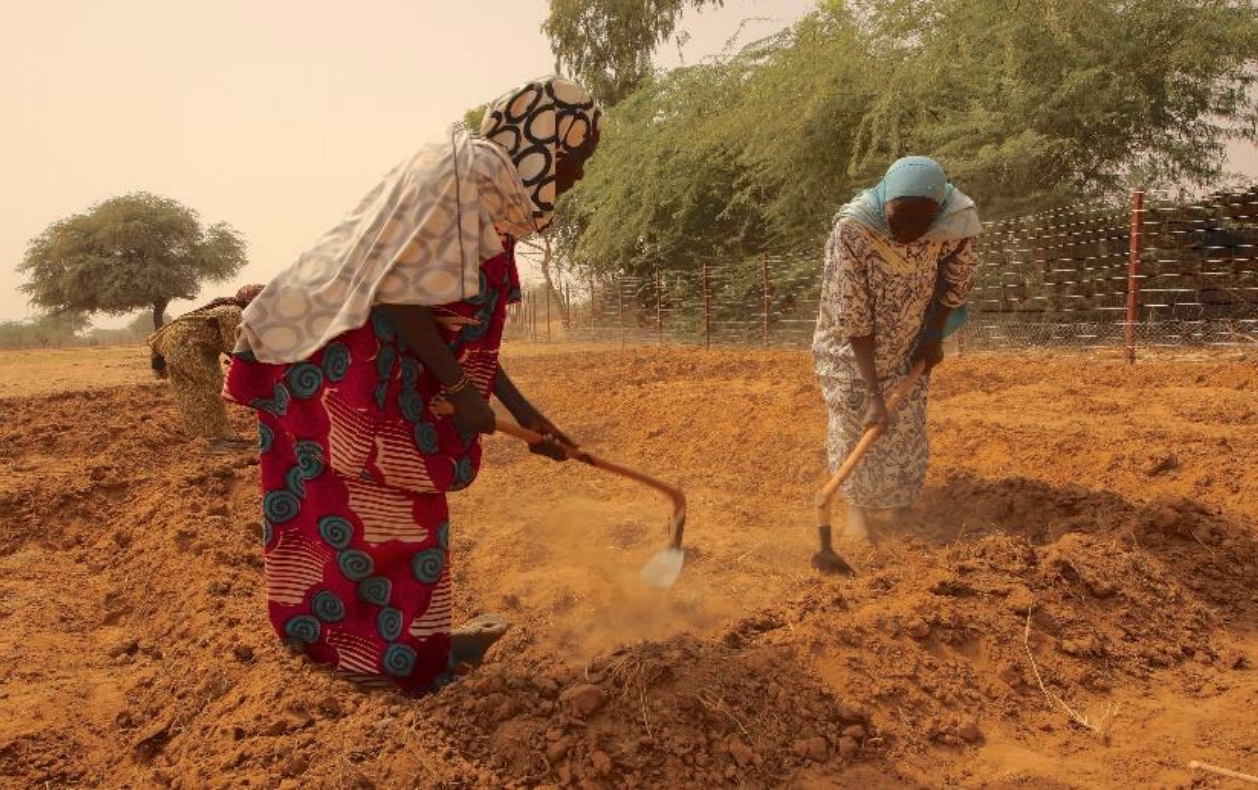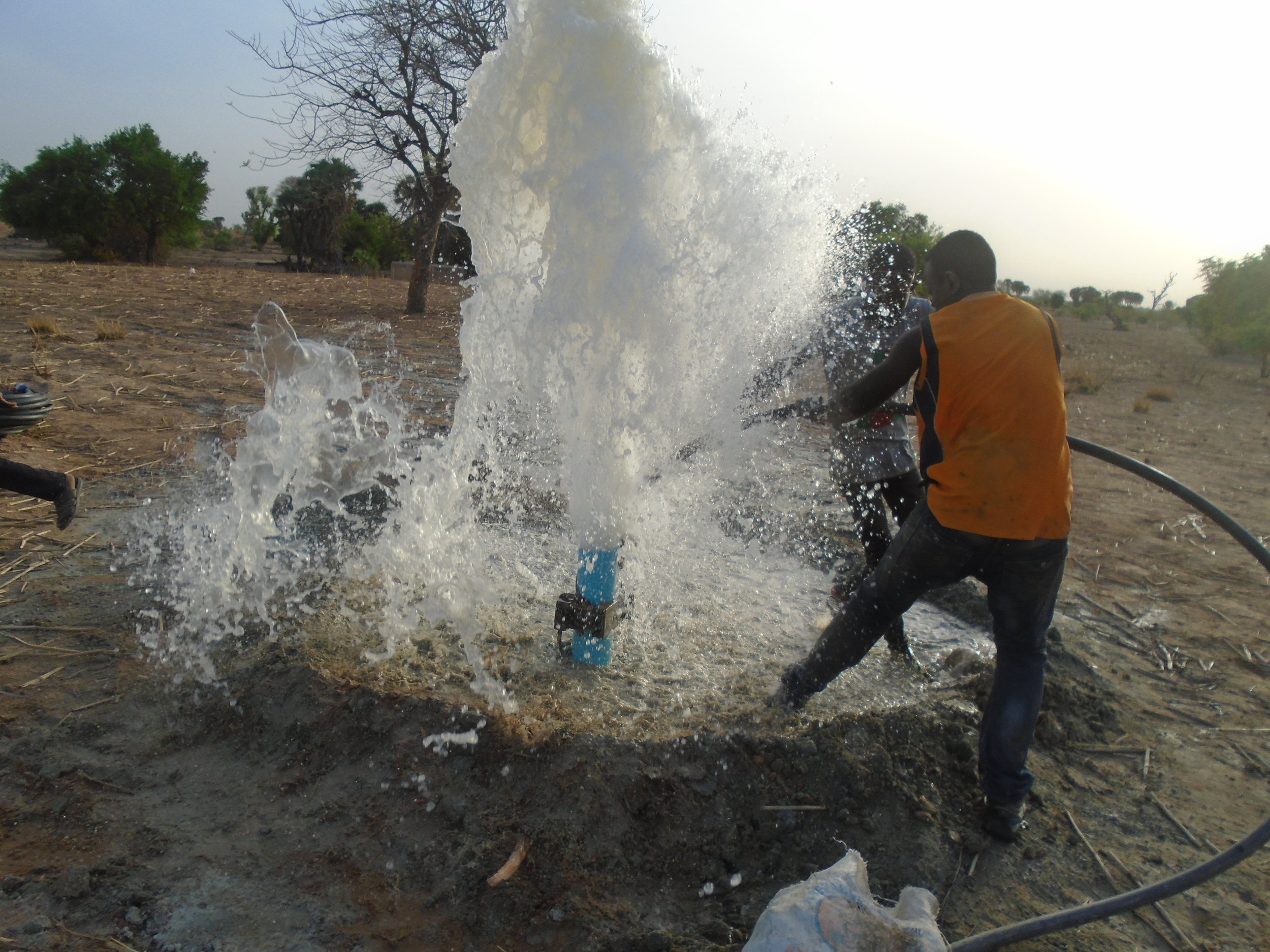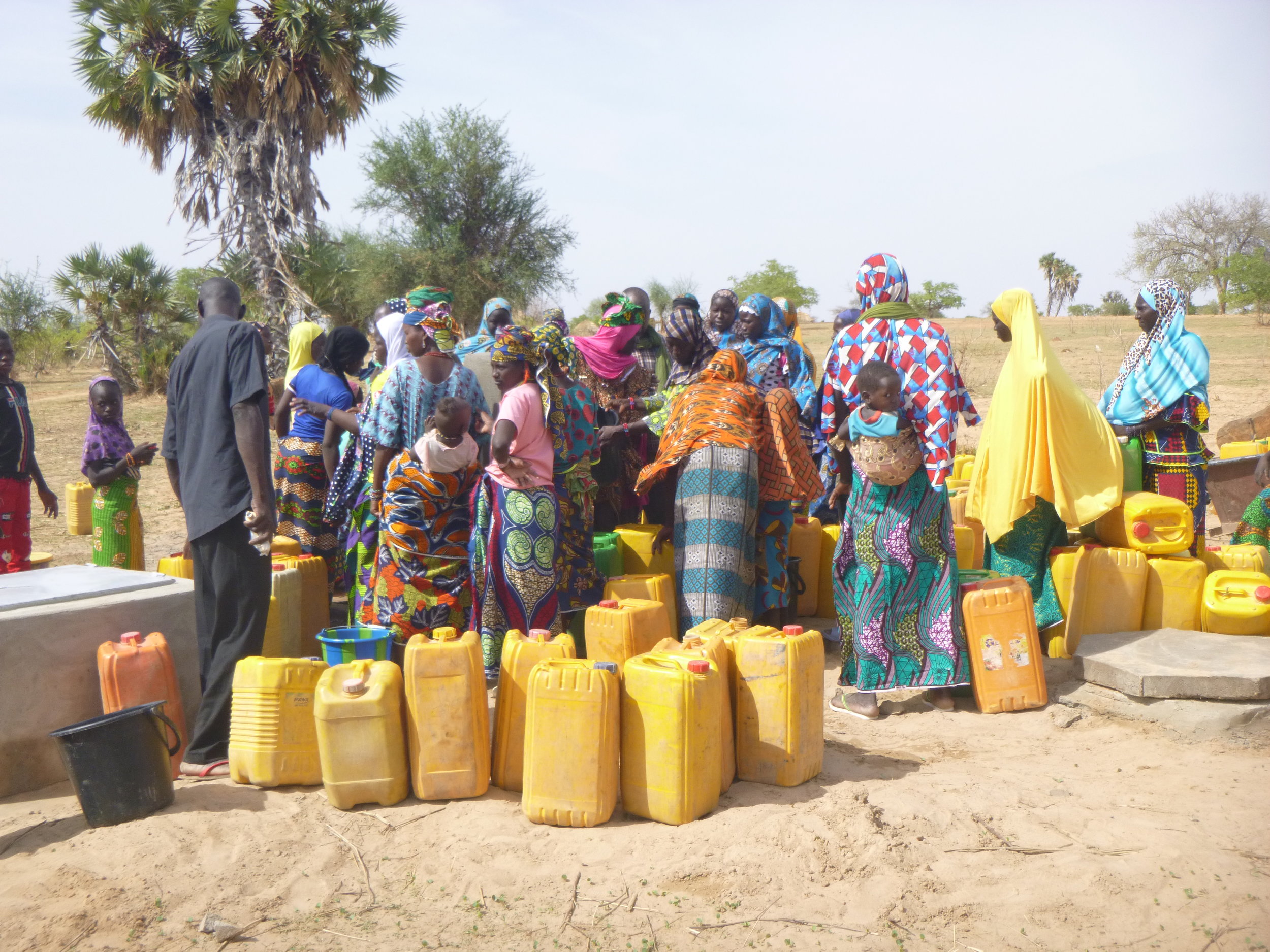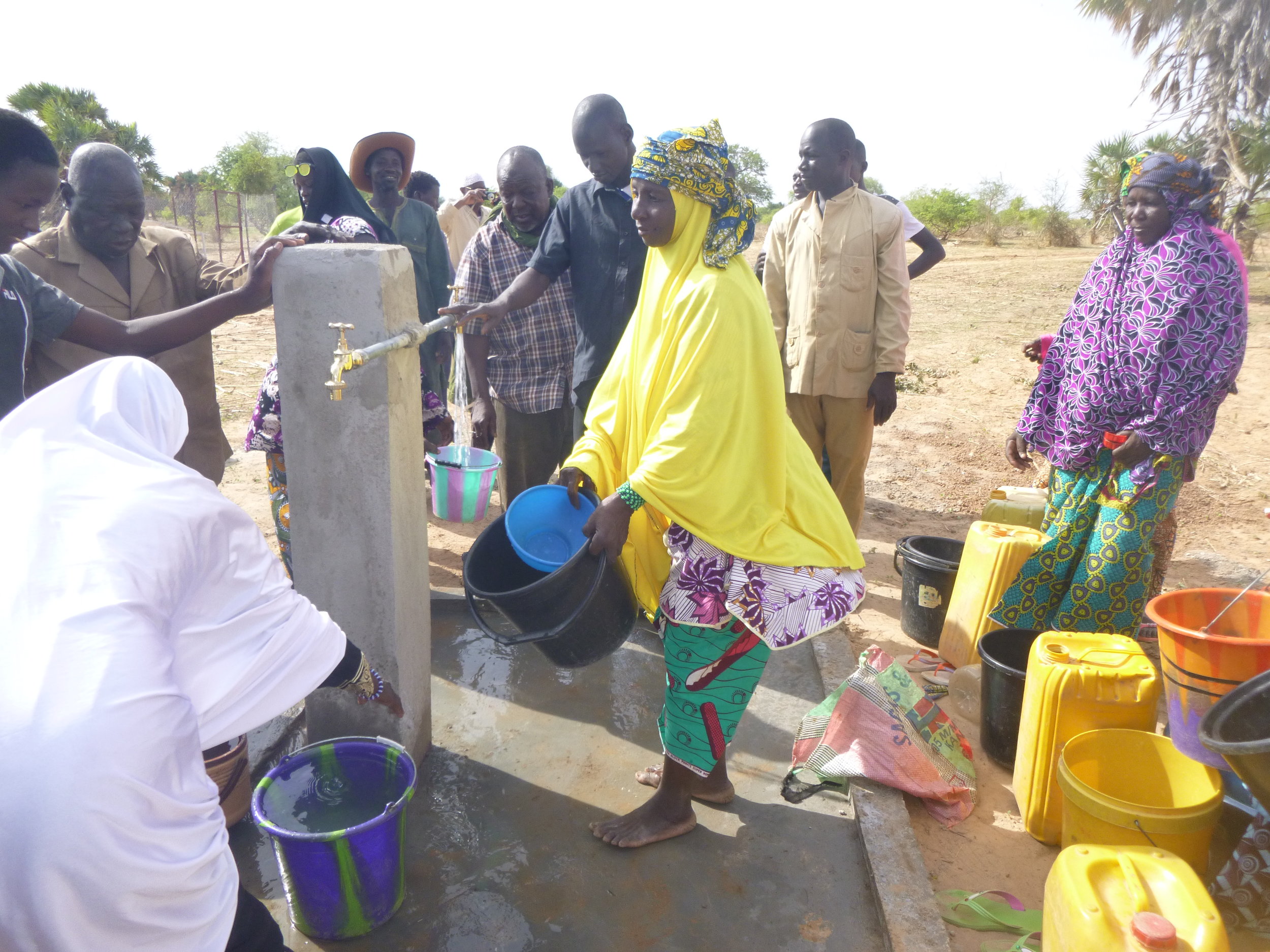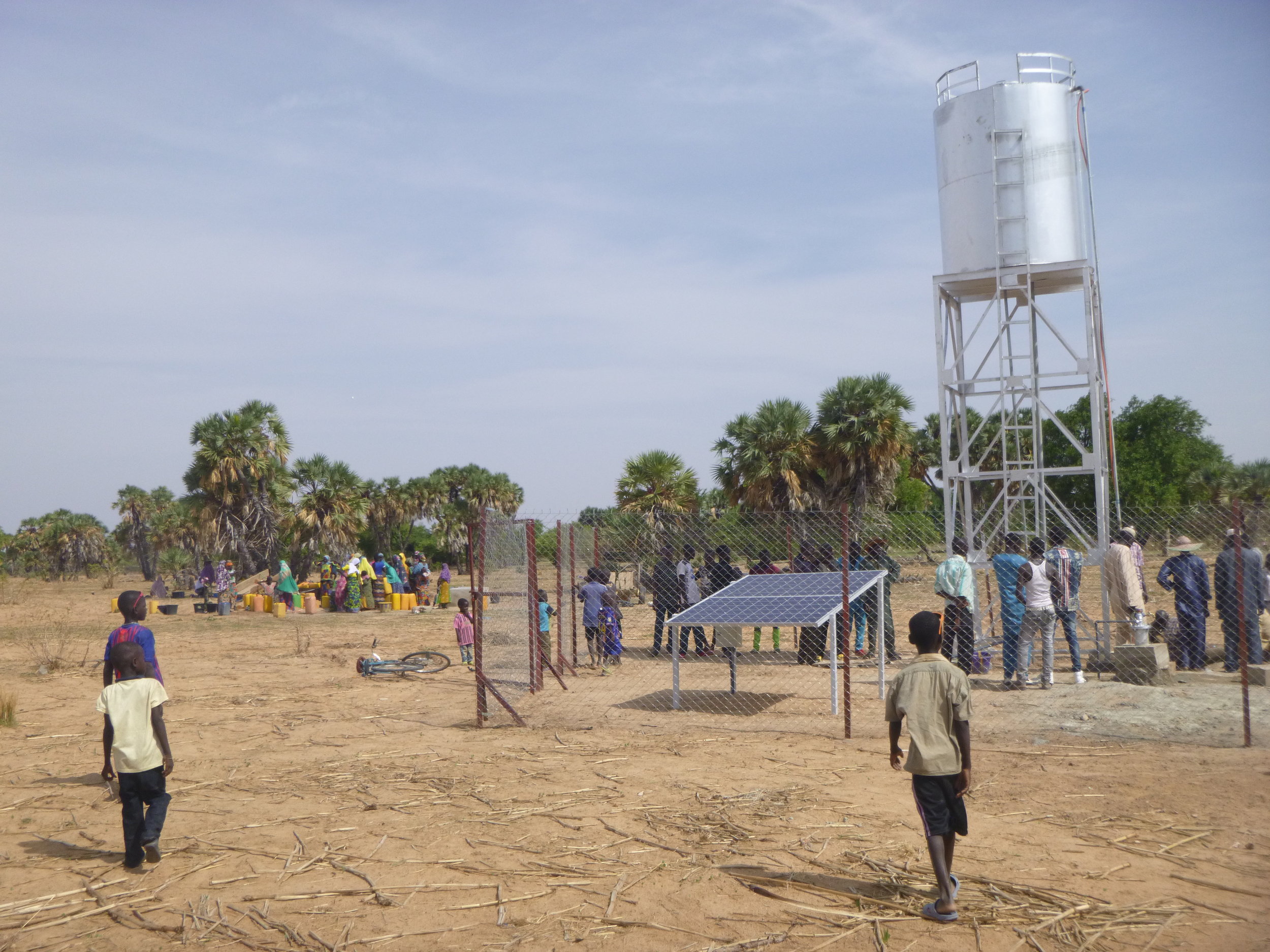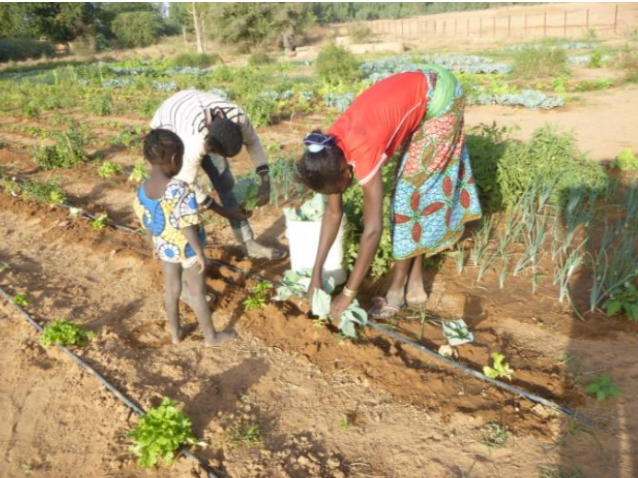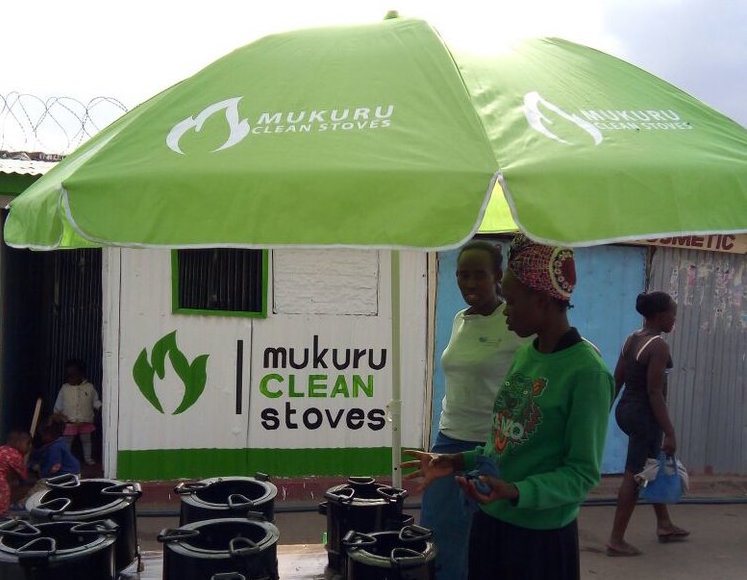Rockflower is launching a campaign with Gambia Goat Dairy. GGD will implement a sustainable livestock system that combines modern agricultural strategies with equipment and practices tailored to the unique environment of West Africa. This will maximize the productivity of endemic goat breeds in a replicable dairy model that can be easily adapted to operations elsewhere in The Gambia and in neighboring countries. The pilot project will test sales strategies that target multiple market segments, ensuring that high quality protein products reach the populations that need them most.
The $2,500 goal will go towards establishing the pilot project of a small-scale goat dairy farm in the Gambia. Donations will provide supplies, feed and livestock to fully stock the farm.
The Goat Dairy Farm Project campaign is being led by Isabella Ward, a Youth Advisory Board member in our Catalyzer Collective.
Please visit https://goat-dairy-farm-project.causevox.com/ to donate.


